The Law and Governance of Quantum Technologies research group at the Institute for Information Law of the University of Amsterdamstudies the legal implications of quantum technologies, through the lens of questions about law and digital infrastructure. This includes the study of access to (quantum) computing, questions about future (quantum) data governance, and questions at the intersection of quantum technologies with the role of law in the construction of global value chains for quantum technology, including legal frameworks for innovation (intellectual property, trade secrets, and standardization) and information security.
In collaboration with the Amsterdam Center for International Law and the Asser Institute, we look at the international law and governance questions with respect to quantum technologies. This includes the perspective of international trade, questions of national, economic and knowledge security, the equitable development of technology and technology transfer, as well as questions of strategic autonomy and the effect of technologies on democratic institutions and fundamental rights.
The research group is a part of Action line 4 of Quantum Delta NL, focusing on the Ethical, Legal And Societal Aspects of Quantum Technologies.
Group members and affiliated scholars
| Prof. dr. Joris van Hoboken – Principal Investigator Joris van Hoboken is the Principal Investigator of the research group. He is an Associate Professor at the Institute for Information Law (IViR), University of Amsterdam and a Professor of Law at the Vrije Universiteit Brussels (VUB). Joris works on a variety of questions at the intersection of law and digital infrastructure, including quantum technologies, platform regulation, and the protection of fundamental rights online. He obtained his PhD from the University of Amsterdam in 2012, has graduate degrees in Law (cum laude) and Theoretical Mathematics (cum laude) and previously worked at NYU and CornellTech. Apart from his role in Action Line 4 of Quantum Delta NL, he is the Chair of the Legal and Societal Sounding Board of the Quantum Software Consortium, and a partner in the QISS project. |  |
| Anushka Mittal – PhD Researcher – Access to (Quantum) Computing Anushka is a PhD researcher looking into the broader dimensions related to governance of access to Quantum Computing at the Institute for Information Law, University of Amsterdam. She will employ frameworks of law, political economy and sociology to understand the broader dimension of access, equity and consolidation in the field of computing. The project will also involve looking into the historical perspective of the existing governance frameworks for access to computing, analysing structures of organization, ownership, benefits and harm. Anushka is a lawyer trained in India and has worked in different organizations as a lawyer, a researcher and a lecturer. Before joining IViR, she pursued an interdisciplinary degree at the Oxford Internet Institute in the Social Sciences of the Internet. |   |
| Anh Nguyen – PhD Researcher – Law and Innovation in Quantum Technologies Anh is a PhD researcher at the Institute for Information Law (IViR), University of Amsterdam. Her research is on the delves into how overlapping legal dynamics arising from competing interests of innovation, geopolitical/geoeconomic competition, and responsible technological development shape, govern and construct emerging quantum technology (global) value chains. Anh has a background public international law and international dispute resolution. She completed her law degree at the University of Vienna, and subsequently worked in white-collar crime, litigation, commercial and investment arbitration in the judiciary and private practice. She holds an LL.M in Public International Law (cum laude) from Leiden University, where she worked as a research assistant at the Grotius Centre for International Legal Studies. |   |
| Dr Petros Terzis – Postdoctoral Researcher Petros (he/him) is a Postdoctoral Researcher at the Institute for Information Law, University of Amsterdam. His work focuses on the law and governance of quantum technologies and the political economy of computing. Petros’s work explores the standardisation initiatives and practices for quantum technologies in the EU in an attempt to contextualise them within the broader ecosystem of computational production and to study the various ways that current configurations of power in the world of classical computing (pre)shape and (pre)determine future trajectories of otherwise generative (quantum) technologies |  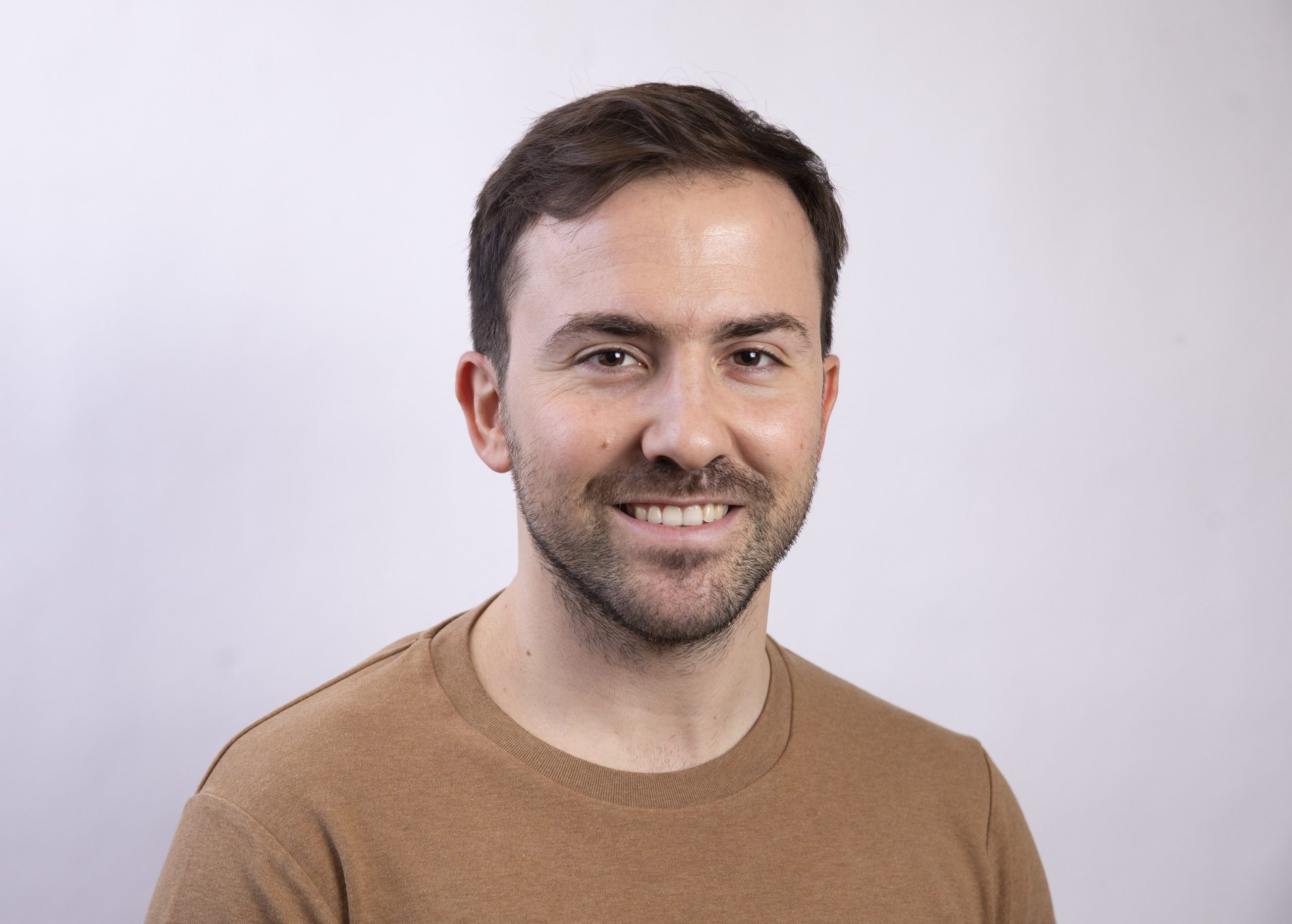 |
| Bengi Zeybek – PhD Researcher – (Quantum) Data Governance and Law of Sensing Measurement Bengi Zeybek is a PhD researcher at the Institute for Information Law, University of Amsterdam. Her project investigates (quantum) sensing and measurement technologies’ role in data capture processes and data flows, and their impact on the relationship between law, data and digital infrastructures. Bengi holds an LL.M. (research) degree in Information Law from the University of Amsterdam, the Netherlands. Previously, she worked as a Research Associate at the Centre for IT & IP Law (CiTiP), KU Leuven, Belgium, where she dealt with the legal aspects of cybersecurity, privacy, data protection, and critical infrastructure protection. During her graduate studies, she was briefly a research assistant at the University of Amsterdam (Global Digital Cultures), worked with civil society organizations (Digital Freedom Fund and PEN America) and gained experience in data protection compliance in the private sector (Nike EMEA). |  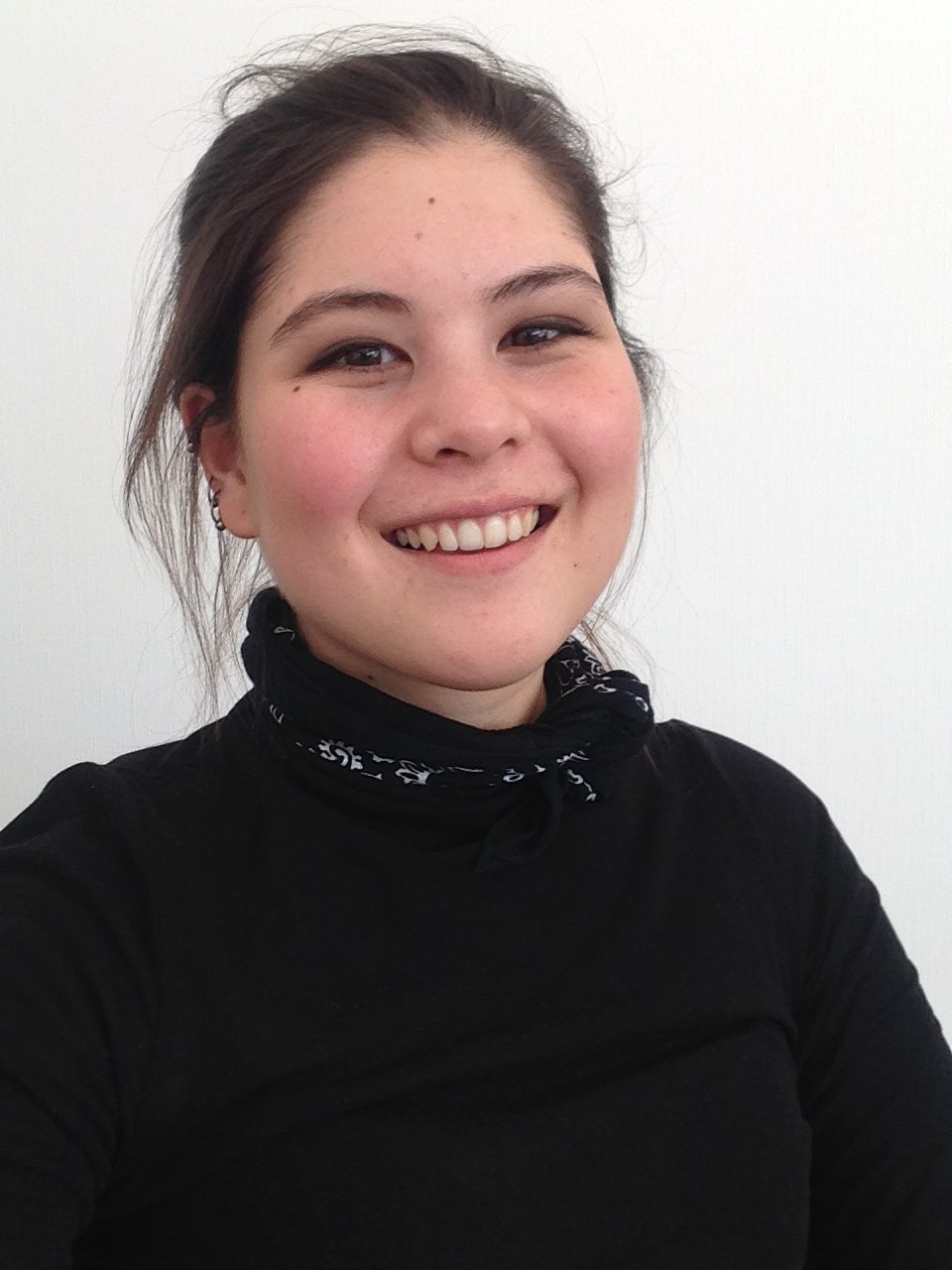 |
| Dr. Plixavra Vogiatzoglou – Postdoctoral Researcher – Digital Sovereignty and Quantum Technologies Plixavra Vogiatzoglou is a Postdoctoral Researcher at the Amsterdam Center for International Law (ACIL) and the Institute for Information Law (IViR), University of Amsterdam. Her research focuses on the concept of digital sovereignty and how it is shaped by the promotion and promise of quantum technologies. She aims to critically assess the EU’s claim for digital sovereignty through, among others, norm-setting and investment in quantum technologies, by taking into account EU and international law as well as critical legal perspectives. Plixavra holds a PhD from the KU Leuven Centre for IT & IP Law (CiTiP) on mass data surveillance and predictive policing in the EU. At CiTiP, she further worked on national and European projects researching how emerging security technologies impact privacy and data protection rights, while she is also a certified lawyer in Greece. | 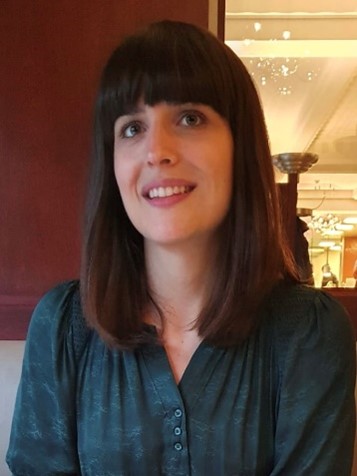 |
| Dr. Andrea Leiter – International Law and Quantum Technology Andrea Leiter is an Assistant Professor at the Amsterdam Center for International Law working on technology enabled governance. She focuses on global inequality and transnational law making through private actors in the digital economy. Her current research project ‘Recoding Value: Decentralised Autonomous Organisations as Pathways toward Sustainable Societies?” is funded by the Dutch Research Council (NWO) in the form of a VENI grant (2024-2027). Andrea also co-founded the Dutch non-profit organization Sovereign Nature Initiative, working at the intersection of ecology, technology and economics. | 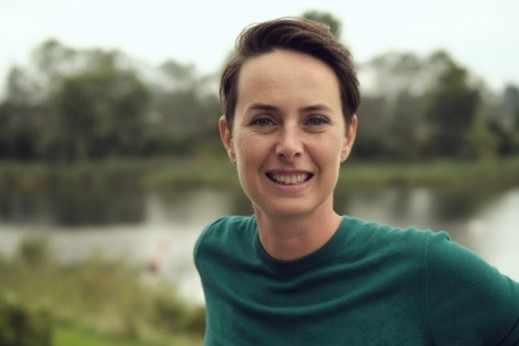 |
| Dr. Geoff Gordon – International Law and Quantum Technology Geoff Gordon is a senior researcher in public international law, with a focus on the intersection of technology, economy, and security. He has specialized for several years on matters of international law, global governance, and quantum technologies. Recent publications have examined issues of digital sovereignty and quantum technologies, contemporary infrastructures and quantum technologies, and transformations to international law and relations in light of quantum technologies and quantum theory. |  |
| Dr. Ot van Daalen – Law, Information Security and Quantum Technology Ot van Daalen is an assistant professor in the field of privacy and security, and is a partner in the QISS project. His PhD (2022), completed in the context of the Legal and Societal Sounding Board of the Quantum Software Consortium, focused on the human rights-compatibility of the regulation of information security, taking quantum computing and encryption as important case studies. He is also a substitute judge at the District Court of The Hague and the founder of a law firm specialized in privacy and security law. Previously, he worked at the Dutch Data Protection Authority and was the director of the Dutch digital rights movement Bits of Freedom, which he relaunched in 2009. Previously, Ot worked at law firm De Brauw Blackstone Westbroek. Ot studied law at the University of Amsterdam and Columbia University in New York. |  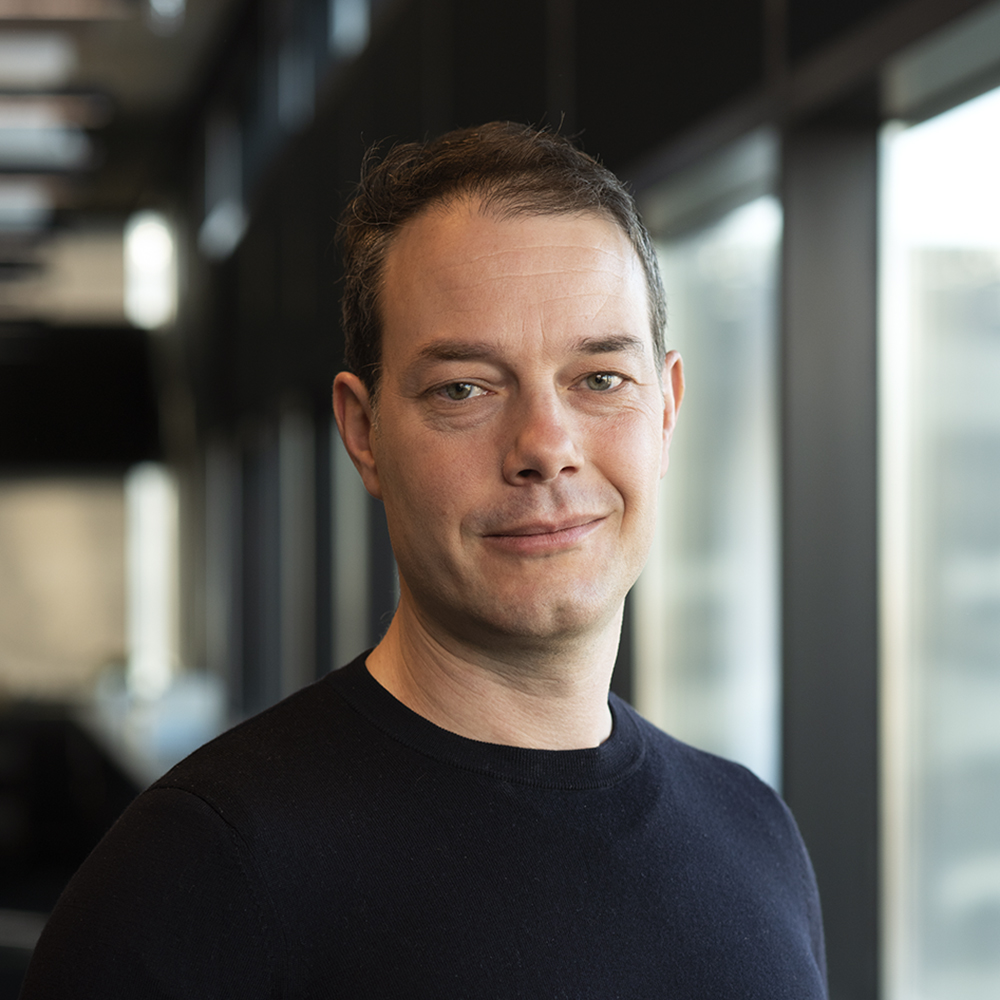 |
| Dr. Laima Jančiūtė – Postdoctoral Researcher – Governance of Post-Quantum Cryptography Laima Jančiūtė is a postdoctoral researcher at the Institute for Information Law, University of Amsterdam. Her work currently focuses on the governance of post-quantum cryptography transition examining the related processes in the EU and elsewhere from a technology governance perspective. Laima holds a PhD (with distinction) from the University of Westminster with a thesis on the policy process of adoption of the GDPR. She has a background in political science and public administration. Her research interests revolve around privacy and data protection, fundamental rights, technology policy, history and philosophy of technology, EU politics and governance, constitutionalism, international relations, etc. Among others, she previously worked as a research fellow at the Communication and Media Research Institute, University of Westminster, and as an associate professor of public policy at Vilnius University. |